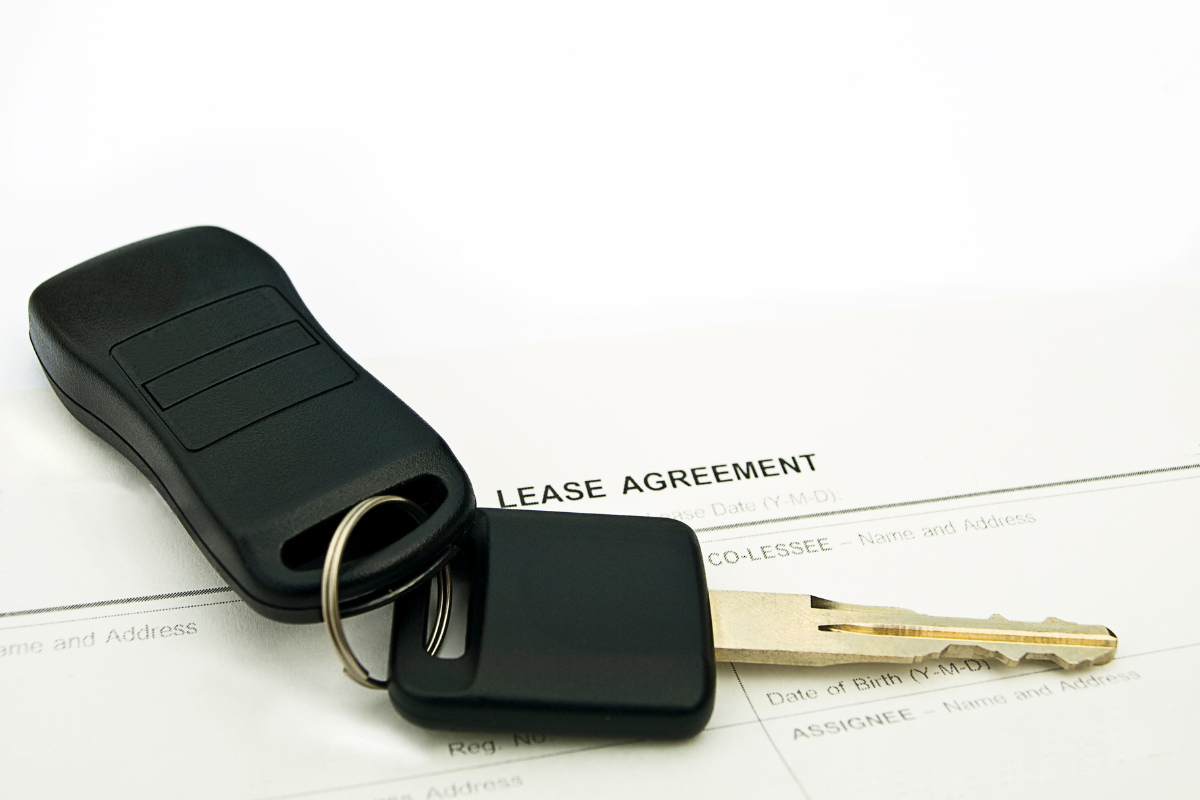
Leasing a car has become a popular option for those looking to get behind the wheel of a new or newer car without committing to a long-term loan or directly purchasing the vehicle. Leasing a car also allows many individuals to drive a more expensive car than they would be able to purchase outright. But while leasing can be a cost-effective solution, it’s important to make sure you’re getting the most out of your lease agreement. Here are some tips to help you make the most of your vehicle lease.
Tips for Leasing a Car
Choose the Right Vehicle to Lease
Consider your driving needs and lifestyle when choosing a vehicle to lease. Think about how much space you need, what type of driving you’ll be doing (e.g., highway vs. city), and what features are important to you (e.g., fuel efficiency, safety features, etc.). It’s also important to choose a vehicle that will hold its value well over time so that you don’t end up paying more than necessary when your lease is up.
Read the Fine Print Before Leasing a Car
Make sure you understand the terms and conditions of your lease agreement, including the length of the lease, the mileage limits, and the costs associated with exceeding those limits. Pay close attention to any penalties for early termination or for going over your allotted mileage, as these can be substantial.
Maintain Vehicle You are Leasing
Keeping your vehicle in good condition is important for both personal safety and for ensuring that you don’t face any additional charges when you return the vehicle at the end of your lease. Follow the manufacturer’s recommended maintenance schedule, and keep records of any work that you have done on the vehicle. Have all maintenance performed by a qualified professional to avoid warranty issues.
Drive Your Leased Car Responsibly
Needless to say, driving carefully to avoid accidents or excessive wear and tear on your vehicle will help you bypass additional charges when your lease is up. Don’t drive distracted, intoxicated, or during hazardous weather conditions. Try not to take your vehicle on roads that are in disrepair or particularly rocky. Keep a look out for high wind advisories as well to minimize damage from flying objects like branches and small rocks.
Consider Gap Insurance When Leasing a Car
Despite your best efforts, accidents do happen. For this reason, leasing companies typically require you to have comprehensive insurance coverage. This is generally sufficient to cover both collisions and damages caused by events like hail or vandalism. That being said, you may also want to consider additional coverage, such as gap insurance, when leasing a car. This type of insurance covers the difference between what you owe on your lease and what the vehicle is worth in case of an accident. Since leased vehicles are often more expensive, this can be a wise option should the vehicle still have quite a bit of value left compared to what you have paid on the lease.
Plan Ahead For When Your Lease is Over
Think about what you want to do when your lease is up. Do you want to return the vehicle, purchase it, or trade it in for another one? Having a plan in place before your lease ends will help you make informed decisions and avoid any unexpected charges.
In conclusion, leasing a vehicle can be a smart financial decision, but it’s important to make sure you’re getting the most out of your lease agreement. By considering your driving needs, reading the fine print, maintaining your vehicle, driving responsibly, and planning ahead, you can ensure that you get the best possible experience from your vehicle lease.
Should You Lease an Electric Vehicle?
Due to their generally higher price tag, many individuals hesitate to purchase an electric vehicle upfront. But did you know that leasing an electric vehicle comes with its own set of benefits? In addition to lower fuel costs, the following advantages apply specifically to leasing an EV:
Reduced maintenance costs: EVs have fewer moving parts than gasoline vehicles, which means there are fewer parts that can wear out or break down. They also do not require oil changes and brakes last significantly longer, since they use regenerative braking versus hydraulic brakes. Overall EVs require less routine maintenance than their gas fueled counterparts, which can amount to significant costs over time.
Incentives: Many governments offer incentives for purchasing or leasing EVs, such as tax credits, rebates, and HOV lane access. These incentives can help offset the upfront cost of leasing an EV.
Improved air quality: EVs produce zero tailpipe emissions, which means they don’t contribute to air pollution. This is particularly important for those who are concerned about their impact on the environment.
Quieter driving experience: EVs are much quieter than gasoline vehicles, which can lead to a more relaxed and peaceful driving experience.
Advancements in technology: The technology used in EVs is advancing rapidly, which means that newer models are often more efficient and have a longer range than older models. The higher price tag can also mean they are outfitted with some truly droolworthy technology, including central touchscreens, digital instrument clusters, wireless charging, and more.
Leasing a Luxury Car
Whether you are looking to lease or purchase a vehicle, consider one of Mercedes Benz luxury gas, hybrid, or all-electric cars. As a top luxury car manufacturer, Mercedes leads the industry in comfort, technology, and performance, and has a dedication to reduced carbon footprint in all vehicles. Stop by the Mercedes Benz of Littleton Dealership today to test drive one of the incredible vehicles.


